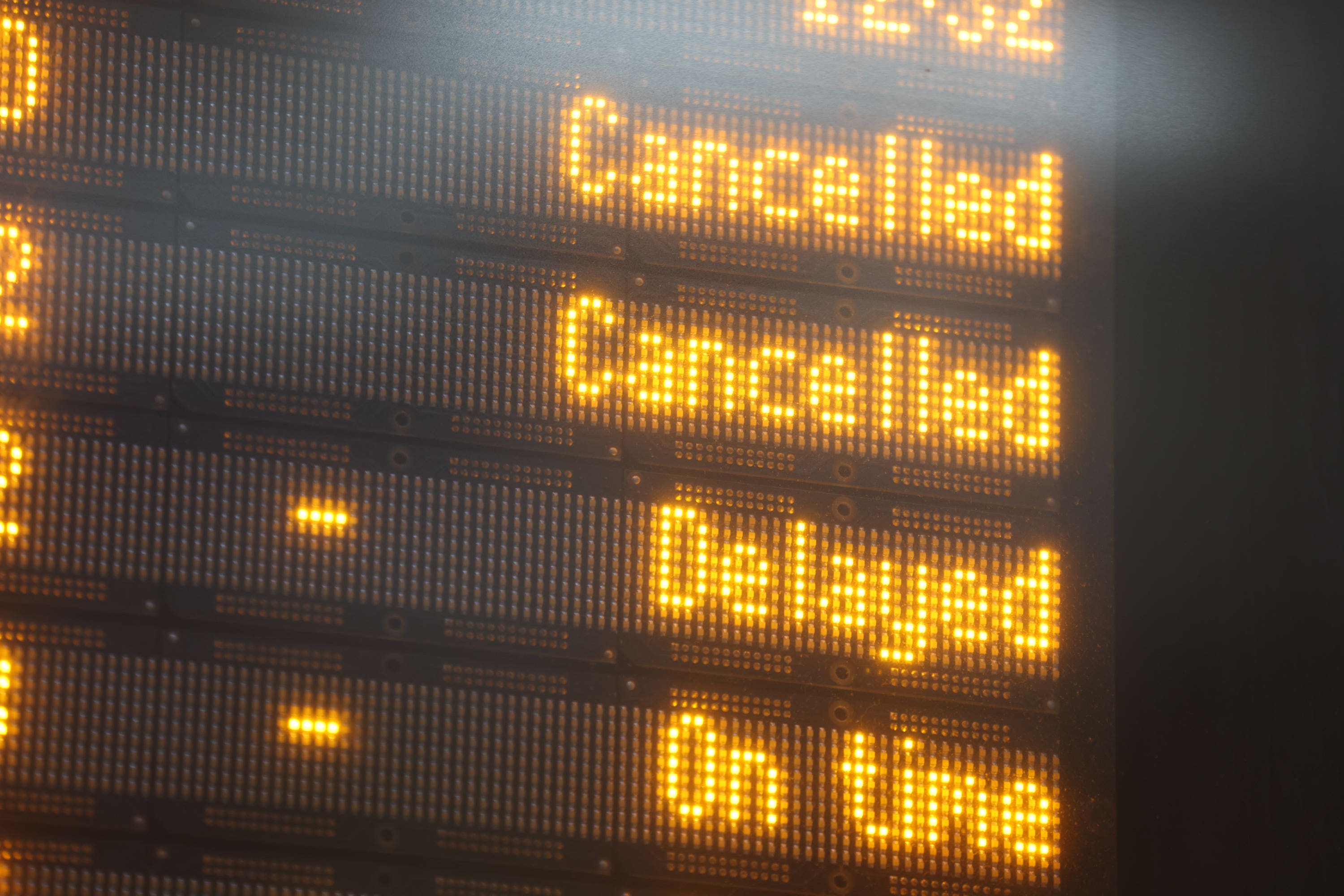New scheme to keep northern train passengers moving during disruption
DfT Operator (DFTO) said this is an ‘early benefit’ of the Government’s rail reforms.

Train passengers using publicly-owned services in the north of England will have more travel options during disruption under a new scheme.
London North Eastern Railway (LNER), Northern and TransPennine Express will allow customers affected by on-the-day cancellations to travel on each other’s services at no extra cost from Sunday, the public company that manages the operators announced.
DfT Operator (DFTO) said this is an “early benefit” of the Government’s rail reforms.
A publicly-owned railway will put passengers at the heart of journeys
Passengers whose trains are cancelled are currently only entitled to board a train run by an alternative operator if ticket acceptance has been agreed, which happens on a case by case basis.
Rail minister Lord Hendy said: “No-one wants their train to be cancelled. But during times of unavoidable disruption, it’s initiatives like these that can make a huge difference to a passenger’s journey – knowing you can hop on to another publicly-owned service and still get to your destination.
“This is just one of many ways a publicly-owned railway will put passengers at the heart of journeys, affording them flexibility, certainty, and confidence.”
DfT Operator said the nationalisation of all franchised train services in Britain will generate a “greater benefit to passengers” as “tickets are accepted more widely”.
The Government hopes legislation for the creation of Great British Railways (GBR), a new public sector body to hold responsibility for rail infrastructure and train operation, will be introduced in summer 2025, with the organisation becoming operational from the end of 2026 at the earliest.
DFTO is working with Network Rail and the Department for Transport as shadow GBR to improve the way the sector works together.
Bookmark popover
Removed from bookmarks